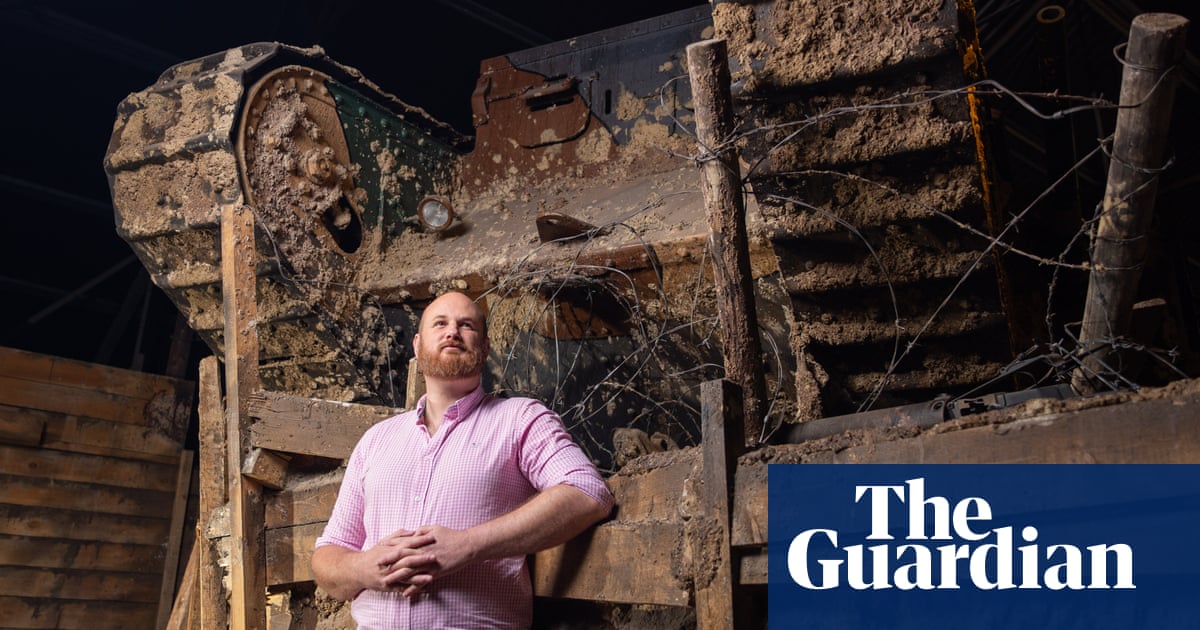Almost half of school-age children in Australia have problems with their sleeping patterns, according to a new survey.
The findings, released on Wednesday from researchers at Melbourne’s Royal Children’s Hospital, analysed the answers of a nationally representative sample of 1,654 parents who were asked about the sleeping habits and behaviours of their children, aged between five and 17 years.
Among primary school-age children between five and 12 years of age, 45% had a problem with their sleep pattern, including difficulty getting to sleep, waking overnight, or waking in the morning, compared with 37% of teenagers between 13 and 17 years.
The results of the survey undertaken during the last week of November 2024 showed one-quarter of children (26%) have difficulty getting to sleep and one in five (19%) do not have a regular bed time.
The findings are the latest in the hospital’s ongoing National Child Health Poll, which twice a year surveys a new representative sample of parents and caregivers on a different health issue.
One-third (32%) of children were tired in the morning, with higher rates among teenagers (41%) compared with 27% of primary children.
The survey, which also asked parents about their beliefs around their children’s sleep, found one-third (32%) think that if teenagers cannot get up for school they are lazy.
Dr Anthea Rhodes, a paediatrician and the director of the poll, said many parents are not aware that the natural body clock changes with the onset of puberty, meaning that teenagers are actually physiologically wired to want to stay up late and sleep in.
Rhodes said researchers were also struck by “just how strongly we could see a relationship between unhealthy sleep habits and difficulty getting to sleep”.
Children who do not have a regular bedtime are almost twice as likely to have difficulty getting to sleep than children who have a regular bedtime, the researchers found.
The study also found overall 29% of children usually or always use their bed for activities other than sleep, 28% usually or always use screens in bed in the hour before sleep, 30% use screens when not in bed in the hour before sleep, and 11% have caffeine after lunchtime on most days of the week.
Those habits were more common in children who had difficulty getting to sleep, with those who consume caffeine after lunch most days more than twice as likely to have difficulty getting to sleep.
Rhodes said “there’s a lot of research about sleep and sleep patterns in younger children, babies, infants and toddlers, but less data available about school-age children”.
Dr Moira Junge, the chief executive of the Sleep Health Foundation and an adjunct clinical associate professor at Monash University, said: “This is an important survey and serves as an opportunity to raise awareness of sleep in children and teens and for people to know where to get support.”
Junge said “all of us [kids through to adults] need to avoid excessive screen time but if there is a time-limited amount of screen usage prior to bed that is relaxing, and is less than 30 minutes, and it’s not in the actual bed and the screen is turned to night mode, there shouldn’t be too much concern about that”.
Dr Moya Vandeleur, respiratory and sleep paediatrician at the Royal Children’s hospital said setting a regular bedtime, having a dark and quiet sleeping space and building independent sleep, when a child can fall asleep on their own, was all part of practising good sleep hygiene.
Rhodes said getting enough good-quality sleep was critical to the overall health of everyone but in particular children and teenagers, because it contributes to physical and mental growth and development – one of the “biggest jobs of childhood”.

 3 months ago
57
3 months ago
57

















































